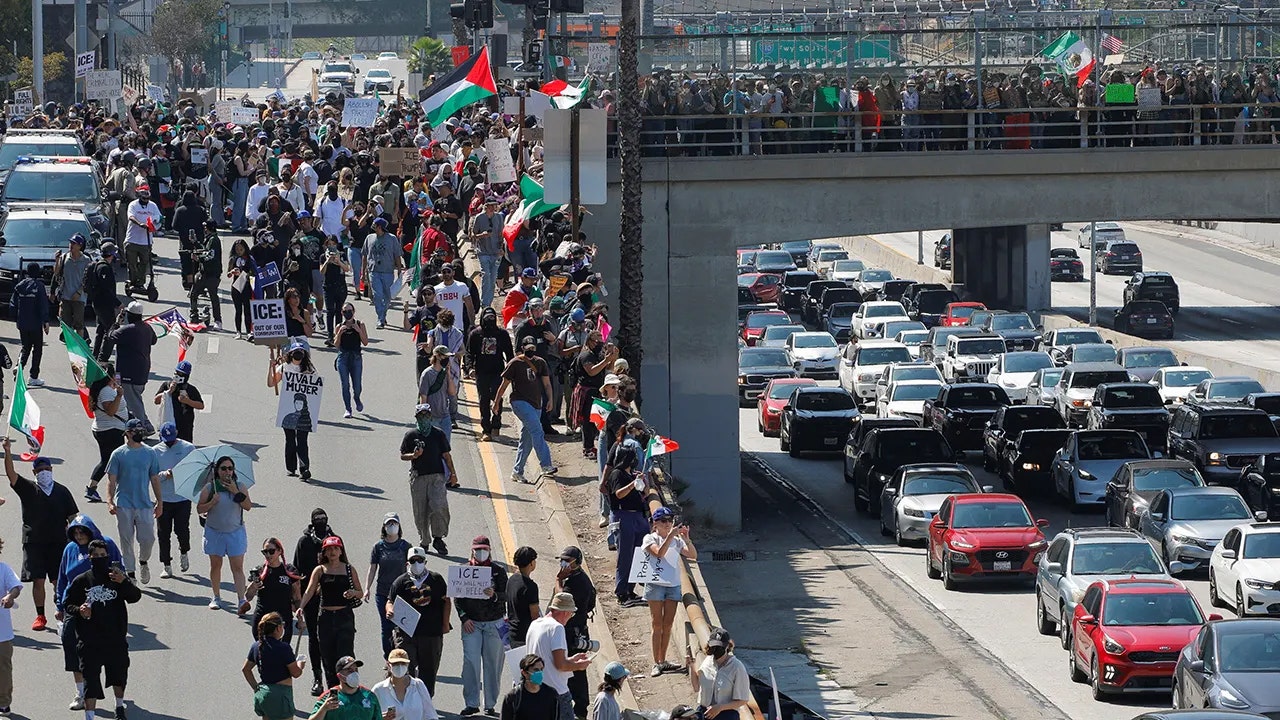Tillis bill would make blocking roads during protests a federal crime

Republican lawmakers are pushing for a new federal law that would make blocking streets a crime after recent incidents of anti-ICE protesters trapping drivers in Los Angeles and other cities. Sen. Thom Tillis, R-N.C., plans to introduce the “Safe and Open Streets Act” to criminalize obstructing traffic.
The proposed law comes in response to the disruptive tactics of anti-ICE protesters who have been intentionally blocking roads and highways across the country. Lawbreakers could face fines or up to five years in prison if the bill passes.
Recent videos from Los Angeles show rioters blocking expressways and city streets, sometimes violently confronting law enforcement officers. While California law already prohibits obstructing public movement, it is rarely enforced during protests.
In North Carolina, protesters shut down a busy freeway in Durham during rush hour in November 2023, demanding the “Free Palestine” movement and criticizing the Western response to a recent Hamas attack. Similar immigration-related protests have also occurred in Greensboro.
Sen. Ted Budd, Tillis’ colleague from North Carolina, supports the new legislation, emphasizing the danger posed to emergency personnel and the public by such blockages.
Other lawmakers from Tennessee, Virginia, and Alabama have also expressed support for the bill, denouncing the lawlessness of blocking major roads to disrupt traffic flows. They argue that while peaceful protests are protected by the First Amendment, intentional obstruction of traffic is unacceptable.
The proposed law aims to maintain public safety and prevent dangerous situations for commuters, emergency responders, and essential workers. It seeks to hold accountable those who engage in disruptive behavior that undermines the rights and livelihoods of others.
Overall, the “Safe and Open Streets Act” reflects a bipartisan effort to address the growing trend of road blockages during protests. If passed, the law would establish clear boundaries for exercising free speech rights while ensuring public safety and order on the nation’s roadways.




